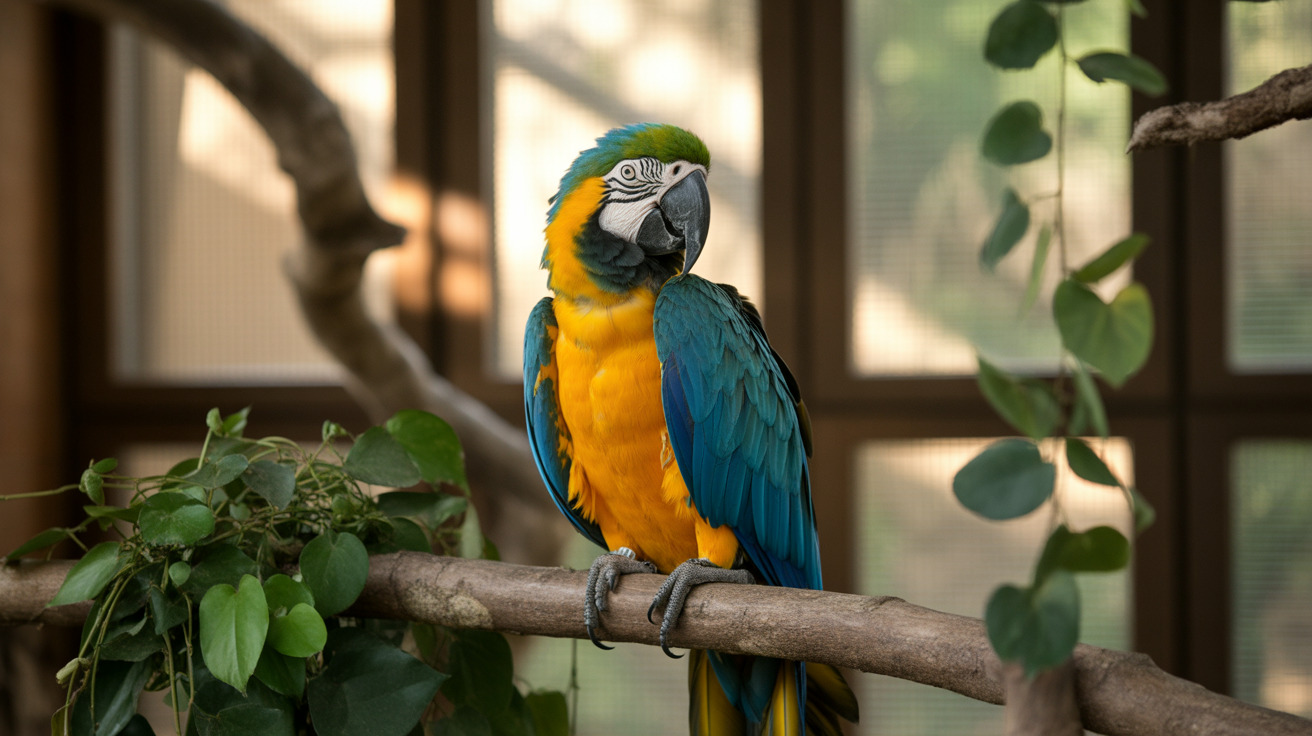Can Cats Eat Yogurt? What Every Pet Owner Should Know
Yogurt is a popular snack among humans, praised for its probiotics and creamy texture. But when it comes to our feline companions, many cat owners wonder: Can cats have yogurt? The short answer is yes — but with caution and limitations. Let’s explore when, how, and why yogurt might be appropriate for your cat.
Understanding Feline Digestion
Cats are obligate carnivores, which means their digestive systems are mainly adapted to break down meat. Unlike humans or some omnivorous animals, cats don't produce high levels of lactase, the enzyme responsible for breaking down lactose found in dairy.
As a result, many adult cats are lactose intolerant. Feeding them dairy products can lead to digestive upset, including:
- Diarrhea
- Gas and bloating
- Abdominal discomfort
- Vomiting
However, not all dairy products affect cats the same way. Yogurt, especially plain and unsweetened varieties, has less lactose due to the fermentation process, and some cats may tolerate it better than milk or cream.
Benefits of Yogurt for Cats
When fed in moderation and under the right conditions, plain yogurt can offer some health benefits to cats:
- Probiotics: Yogurt contains beneficial bacteria that may assist with cat digestive health and immune function.
- Calcium and protein: It provides small amounts of vital nutrients, especially for growing kittens (with vet approval).
- Palatability: The creamy taste may help entice cats to eat when they have reduced appetites.
Choosing the Right Yogurt
Not all yogurts are safe for cats. It’s essential to select the correct type to avoid adverse effects. Look for:
- Plain yogurt: No added sugars, flavors, or thickeners.
- Greek yogurt: Often contains less lactose and more protein than regular yogurt.
- Unsweetened: Avoid artificial sweeteners at all costs — particularly xylitol, which is extremely toxic to cats.
How to Safely Feed Yogurt to Cats
If you want to introduce yogurt to your cat’s diet, follow these simple steps:
- Consult your veterinarian: Especially if your cat has dietary sensitivities, allergies, or a medical condition.
- Start small: Offer 1/2 to 1 teaspoon and observe for any digestive upset over 24 hours.
- Frequency: Limit yogurt as an occasional treat — no more than once or twice a week.
Always monitor your cat after feeding yogurt. Watch for signs of diarrhea, vomiting, or decreased appetite, and discontinue use if any adverse symptoms occur.
Risks and Considerations
Even though some cats enjoy yogurt without issues, others may be sensitive. Here are some potential risks:
- Lactose intolerance: May still suffer upset even from small dairy amounts.
- Added ingredients: Flavored yogurts with chocolate, fruit, or sweeteners can be harmful or toxic.
- Obesity and nutrient imbalance: Regular treats can disrupt a cat’s balanced diet.
Healthier Alternatives
If your cat is lactose intolerant, you can explore non-dairy treat options such as:
- Pumpkin purée (plain)
- Cooked shredded chicken
- Commercial cat probiotic supplements
- Lactose-free cat milks
These alternatives still provide flavor and potential health perks without the risks associated with dairy.
Conclusion: A Treat, Not a Staple
So, can cats have yogurt? Yes, but only in small, occasional amounts of plain and unsweetened yogurt — and only if your cat tolerates it well. Never include flavored versions or those containing harmful additives. When in doubt, always consult your veterinarian for guidance. Remember that cats have unique dietary needs, and keeping treats limited ensures a balanced and healthy diet.





